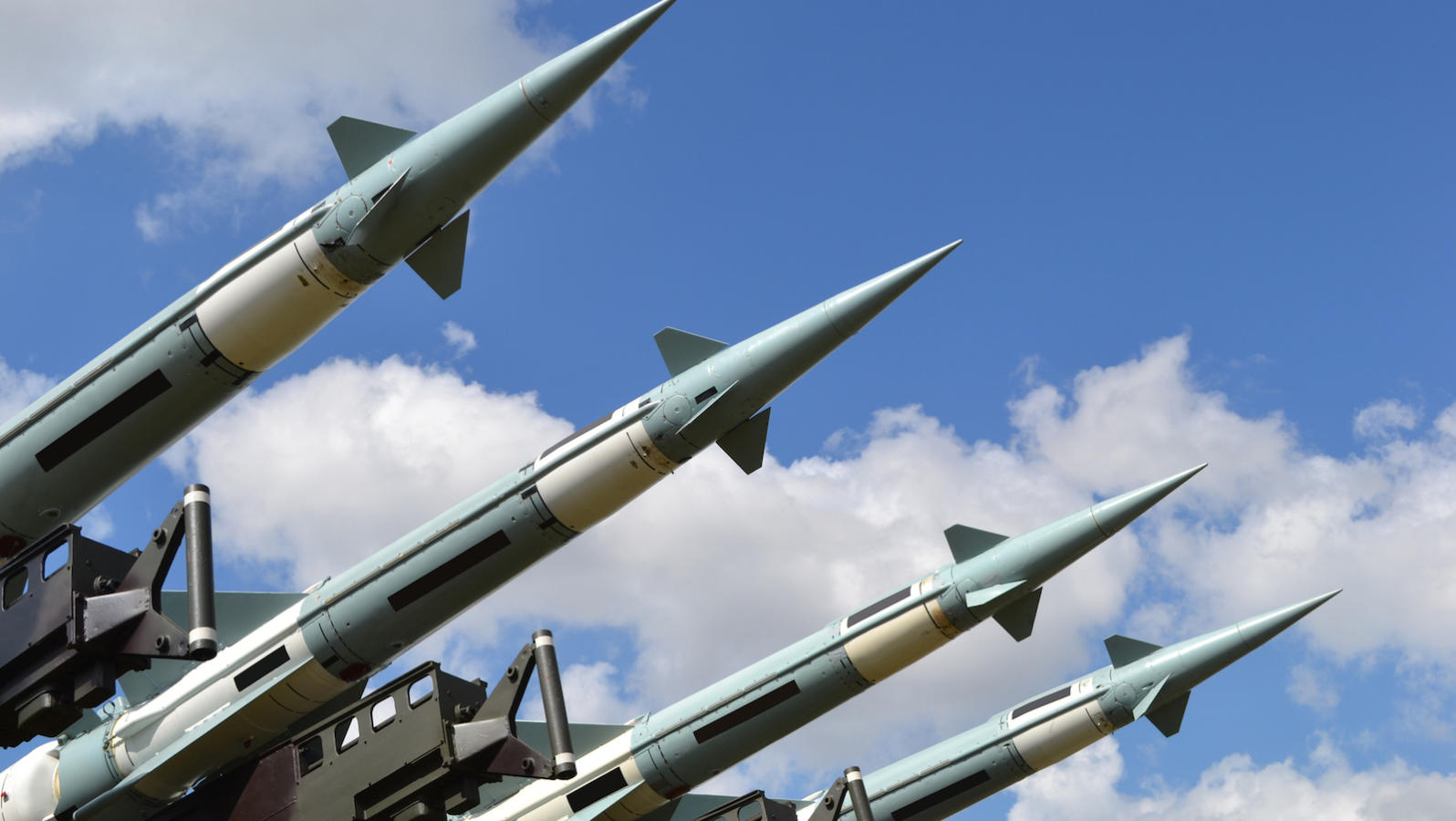The use of nuclear weapons as a weapon of mass destruction is very problematic in Jewish law. In a situation of Mutually Assured Destruction [i.e., one in which a country with nuclear capabilities would retaliate to a nuclear attack with a nuclear attack of its own], it is clear that the Jewish tradition would prohibit the actual use of such weapons if such weapons were to cause the large scale destruction of human life on the earth as it currently exists.
The Talmud (Shavuot 35b) explicitly prohibits the waging of war in a situation where the casualty rate exceeds a sixth of the population. Lord [Immanuel] Jakobovits [the former Chief Rabbi of Great Britain], in an article written more than 40 years ago, summarized the Jewish law on this topic in his eloquent manner:
In view of this vital limitation of the law of self-defense, it would appear that a defensive war likely to endanger the survival of the attacking and the defending nations alike, if not indeed the entire human race, can never be justified. On this assumption, then, that the choice posed by a threatened nuclear attack would be either complete destruction or surrender, only the second may be morally vindicated.
However, one caveat is needed: It is permissible to threaten to adopt a military strategy that it is in fact prohibited to use, in order to deter a war. While one injustice cannot ever justify another injustice, sometimes threatening to do a wrong can prevent the initial wrong from occurring.
Just because one cannot pull the nuclear trigger does not mean one cannot own a nuclear gun. It is important to understand the logical syllogism that permits this conduct. It is prohibited — because of the prohibition to lie — to threaten to use a weapon that is prohibited to actually use. However, it can be clearly demonstrated that lying to save the life of an innocent person is permissible. Thus, this lie becomes legally justifiable to save one’s own life too.

Help us keep Jewish knowledge accessible to millions of people around the world.
Your donation to My Jewish Learning fuels endless journeys of Jewish discovery. With your help, My Jewish Learning can continue to provide nonstop opportunities for learning, connection and growth.
An example proves this point. If a person desired to kill an innocent person and one cannot prevent that act by killing the potential murderer, one could threaten this person by saying “if you kill this innocent person, I will kill your children.”
While, of course, one could not carry out the threat in response to the murder, the threat itself would be a permissible deterrence because lying to avoid a murder is permissible. Thus, this demonstrates that threatening to do that which one cannot actually do is permissible to save a life. The possession of nuclear weapons is simply an amplification of this logical analysis.
The overemphasis of the seriousness of the minor prohibition to tell an untruth at the expense of letting a person die is an example of an ethical valuation that is completely contrary to the Jewish ethical norm. In general, the under-emphasis of the biblical ethical mandate of “not standing by while one’s neighbor’s blood is shed” is the hallmark of those who adopt a system of pacifistic ethics and explains why such an ethical direction is contrary to Jewish law.
If one could save a life by telling a lie, such a lie would be mandatory in Jewish ethics.
The use of tactical (battlefield) nuclear weapons designed solely to be used on the field of battle would, in circumstances where the complete destruction of the combatants be permissible (such as after the proper warning and peace seeking), be acceptable.
Excerpted and reprinted with permission from “Fighting the War and the Peace: Battlefield Ethics, Peace Talks, Treaties, and Pacifism in the Jewish Tradition,” originally published on jlaw.com.



